
TIGR, an abbreviation for Trst, Istra, Gorica, and Reka, full name Revolutionary Organization of the Julian March T.I.G.R., was a militant anti-fascist and insurgent organization established as a response to the Fascist Italianization of the Slovene and Croat people on part of the former Austro-Hungarian territories that became part of Italy after the First World War, and were known at the time as the Julian March. It is considered one of the first anti-fascist resistance movements in Europe. It was active between 1927 and 1941.
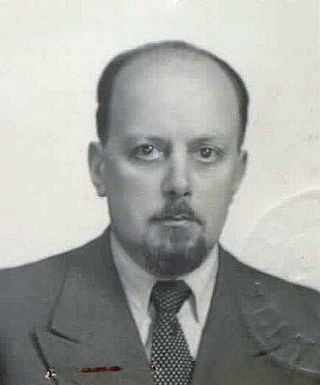
Vladimir Bartol was a writer from the Slovene minority in Italy. He is best known for his 1938 novel Alamut, the most popular work of Slovene literature around the world, which has been translated into numerous languages.
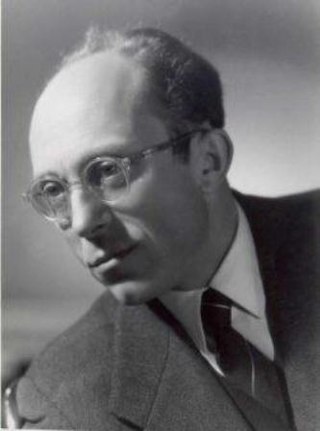
Boris Pahor, OMRI was a Slovene novelist from Trieste, Italy, who was best known for his heartfelt descriptions of life as a member of the Slovenian minority in pre–Second World War increasingly fascist Italy as well as a Nazi concentration camp survivor. In his novel Necropolis he visits the Natzweiler-Struthof camp twenty years after his relocation to Dachau. Following Dachau, he was relocated three more times: to Mittelbau-Dora, to Harzungen, and finally to Bergen-Belsen, which was liberated on 15 April 1945.

Ivan Cankar was a Slovene writer, playwright, essayist, poet, and political activist. Together with Oton Župančič, Dragotin Kette, and Josip Murn, he is considered as the beginner of modernism in Slovene literature. He is regarded as the greatest writer in Slovene, and has sometimes been compared to Franz Kafka and James Joyce.

Milovan Danojlić was a Serbian poet, essayist and literary critic best known for his children's poetry. Danojlić was a full member of the Serbian Academy of Science and Arts.

Janez Vesel, known by his pen name Jovan Koseski was a Slovene lawyer and poet.
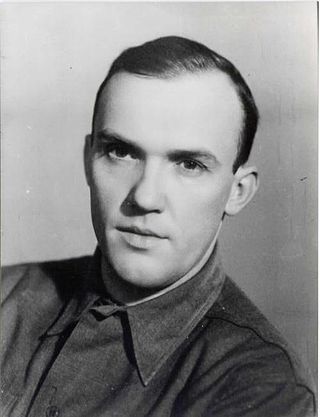
Matej Bor was the pen name of Vladimir Pavšič, who was a Slovene poet, translator, playwright, journalist, and Partisan.
Boris M. Gombač is a Slovene historian from Italy.
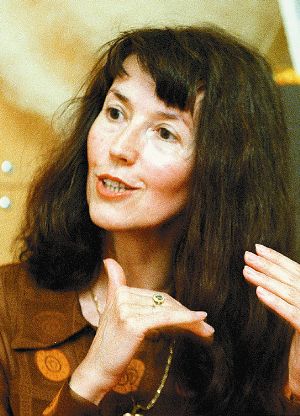
Bina Štampe Žmavc is a Slovene writer, poet, director and translator.
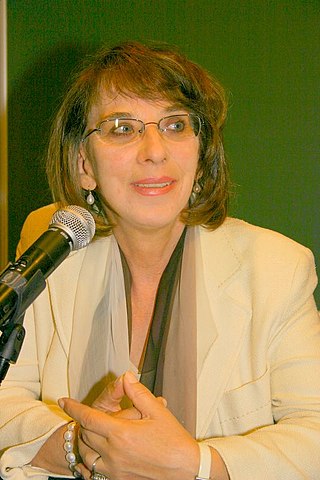
Svetlana Makarovič is a Slovenian writer of prose, poetry, children's books, and picture books, and is also an actress, illustrator and chanteuse. She has been called "The First Lady of Slovenian poetry." She is also noted for borrowing from Slovenian folklore to tell stories of rebellious and independent women. She is well-known adult and youth author. Her works for youth have become a part of modern classic and youth canon, which both hold a special place in history of the Slovenian youth literature. She won the Levstik Award for Lifetime Achievement in 2011.
Lojze Kovačič was a Slovene writer. His novel The Newcomers is often considered one of the most important Slovene novels of the 20th century and has been translated into German, French, Spanish, English and Dutch.

Kajetan Kovič was a Slovene poet, writer, translator, and journalist. In 1978, he received the Prešeren Award, the highest artistic award in Slovenia, for his poetry collection Labrador.

Slavko Pregl, full name Vekoslav Pregl, is a Slovene writer, editor and publisher best known for his youth literature. He is the current director of the Slovenian Book Agency.

Evald Flisar is a Slovene writer, poet, playwright, editor and translator. He was president of the Slovene Writers' Association for three consecutive terms between 1995 and 2002 and is editor-in-chief of the literary and cultural magazine Sodobnost.
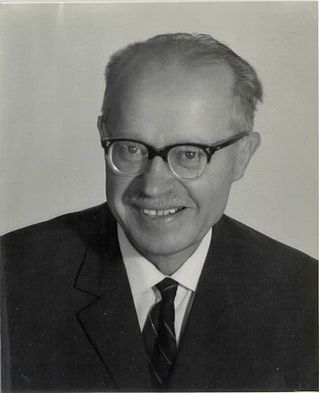
Anton Ingolič was a Slovene writer, playwright, and editor. He is best known for his novels and youth literature.

Vinko Möderndorfer is a Slovene writer, poet, playwright and theatre and film director.

Cvetka Bevc is a Slovene writer and poet.
Jani Virk is a Slovene writer, poet, translator and editor. He writes poetry, short stories, essays, novels and scripts and translates from German into Slovene.

Pavle Merkù was an Italian-Slovene composer, ethnomusicologist, Slovene specialist, and etymologist.
Jana Kolarič is a Slovene author and translator. She is the author of plays and novels for both children and adults, and has been recognised as an exceptional artist by the Ministry of Culture. She has won a number of literary awards.
















